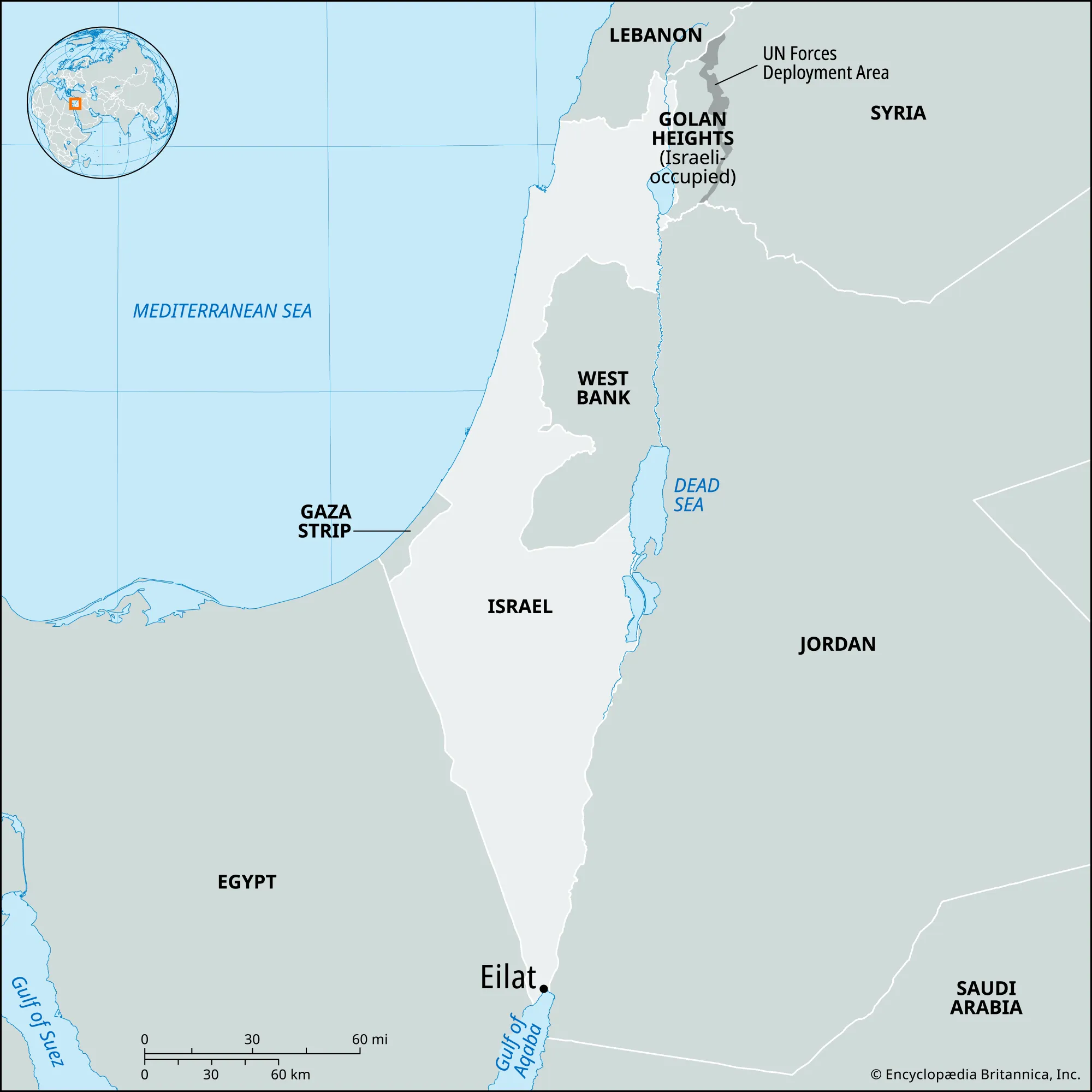The economic repercussions of Houthi attacks on shipping in the Red Sea have become starkly evident, leading to the Port of Eilat’s request for financial assistance from the Israeli government after an 85% decline in shipping volumes. This situation underscores the broader impact of ongoing conflicts in the region on global trade routes and local economies.

Economic Impact on Eilat Port
Eilat, situated on Israel’s southern coast on the Red Sea, links the country to Asia and the Indian Ocean without the need for the Suez Canal transit. Despite experiencing a surge in Q4 2022, handling 124,000 tonnes of cargo, the port’s volumes have been on a steep decline. In a recent meeting with the Knesset’s Economic Affairs Committee on July 7, CEO Gideon Golbert revealed that there had been no activity at the port for eight months, resulting in no revenue.
The port, primarily handling bulk cargoes such as potash, car imports, and some containers, is considerably smaller than Israel’s Mediterranean ports of Ashdod and Haifa. The strikes by Yemeni forces have significantly affected Israeli trade, as evidenced by the lack of operations at Eilat.
Broader Implications of the Conflict
The impact of the Houthi actions extends beyond Israel, diverting hundreds of container vessels weekly on a 4,000-mile longer journey around the African Cape to Europe. This diversion increases fuel costs and emissions, exacerbated by the EU Emissions Trading System (EU ETS) introduced in January 2024.
Impact on the Suez Canal
The Suez Canal has also suffered significantly, with revenues plummeting by almost half. According to Egypt’s Al-Mal News, the canal’s revenue dropped by 64.3% in May 2024 compared to the same month in 2023. The number of vessels transiting the canal decreased dramatically, from 2,396 ships in May 2023 to 1,111 in May 2024. Consequently, the cargo volume through the canal dropped by 68.5% to about 44.9 million tonnes.
The Suez Canal Authority (SCA) has extended fee discounts for various vessel categories to mitigate the revenue loss, with some discounts as high as 75% for long-distance trades.
Surge in Secondhand Container Ship Market
Conversely, the Middle East conflict has boosted the secondhand container ship market. Alphaliner reports a surge in container sale and purchase deals in the first half of 2024, with over half a million TEU of container tonnage changing hands. Vessel operators sought every available ship to meet the demand for services traveling around the Cape of Good Hope, maintaining weekly schedules despite the longer route.
Conclusion
The economic effects of the Houthi strikes on Red Sea shipping have profoundly impacted the Port of Eilat, leading to its request for government assistance. The broader repercussions include a significant decline in Suez Canal revenues and an increased demand for secondhand container ships as global shipping routes adapt to the ongoing conflict. The situation highlights the vulnerability of global trade routes to regional conflicts and the cascading effects on international trade and local economies.

